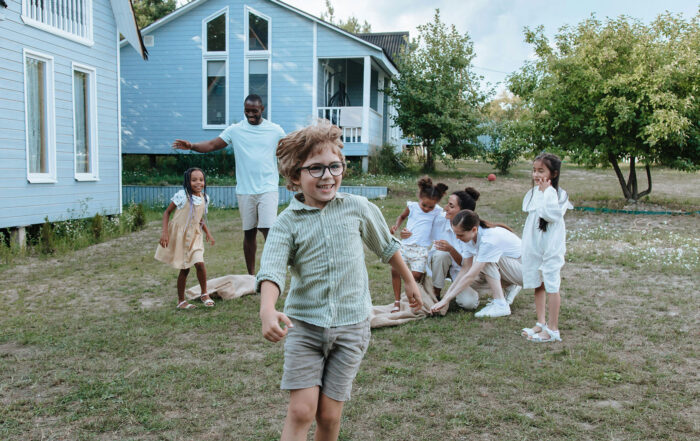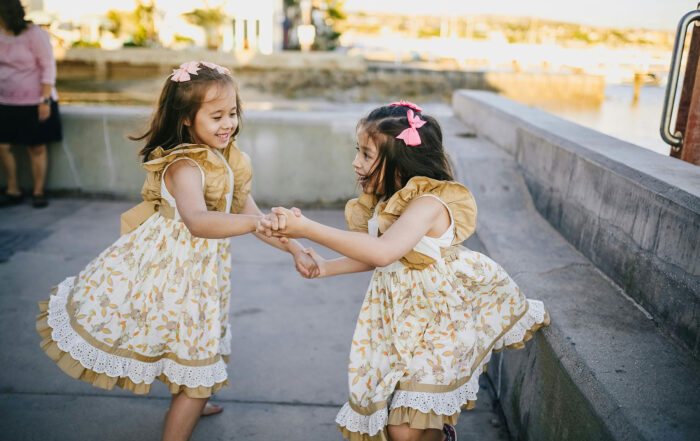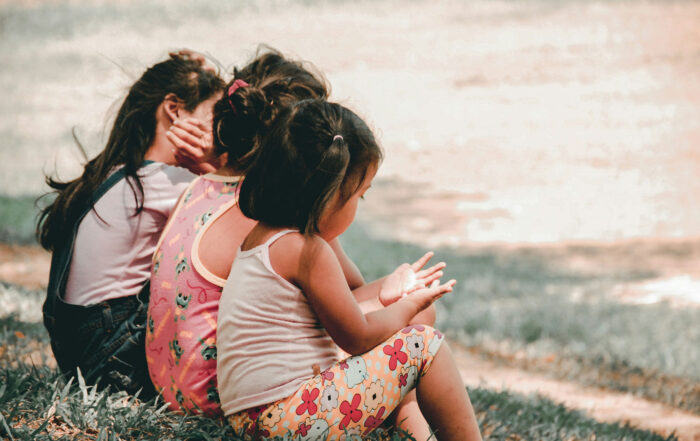
By Julie B. Kaplow and Mark W. Kline
No infectious disease since HIV/AIDS in the 1980s has captured the world’s attention in the way COVID-19 has. The HIV/AIDS pandemic is still with us nearly 40 years later. Effective treatment has made HIV/AIDS a manageable medical condition rather than the almost certain death sentence it was in the beginning, but a vaccine still eludes us. More than 32 million people have died of HIV/AIDS since the beginning of the pandemic, including about 700,000 Americans. Children were almost an afterthought in the early days of HIV/AIDS. Many children died, and even more suffered emotionally in response to the deaths of caregivers and relatives.
So far, it appears that children are being spared the brunt of the COVID-19 pandemic from a physical health perspective, but there is no doubt that there will be lifelong mental health consequences. Proactive measures implemented now, including raising awareness regarding children’s trauma and grief-related responses to the pandemic, can mitigate these potentially debilitating outcomes.
Research tells us that youth who have experienced prior traumas and losses — nearly half of U.S. children — are at significantly higher risk of developing mental health problems in the face of current adversity.
Share This Post!
Emotional and Psychological Trauma: Healing from Trauma and Moving On
By Lawrence Robinson, Melinda Smith, M.A., and Jeanne Segal, Ph.D. If you’ve experienced an extremely stressful or disturbing event that’s left you feeling helpless and emotionally out of control, you may have [...]
How childhood trauma affects the brain
By Maria Cohut It is not news that people abused as children are more exposed to clinical depression, anxiety, and a higher risk of death from suicide. But now, researchers have begun to [...]
Should Childhood Trauma Be Treated As A Public Health Crisis?
By Erin Blakemore, NPR When public health officials get wind of an outbreak of Hepatitis A or influenza, they spring into action with public awareness campaigns, monitoring and outreach. But should they [...]
The Healing Power of Dance Movement Therapy
By Helaina Hovitz As I worked more furiously towards the deadline of finishing the edits on my memoir about growing up with Post Traumatic Stress Disorder while verbally telling my story over [...]
How to Rewire Your Traumatized Brain
By the Concepción de León I hear some people have trouble with therapy, that it can take years for them to open up to their doctors, let alone cry or break down. Not [...]
Developmental Trauma Disorder: The Effects of Child Abuse and Neglect
By Maureen V. Kilrain, MS, PA-C Child neglect and abuse are perhaps the most significant community health challenge in the United States. Mental health experts in trauma continue to investigate and apply a [...]







